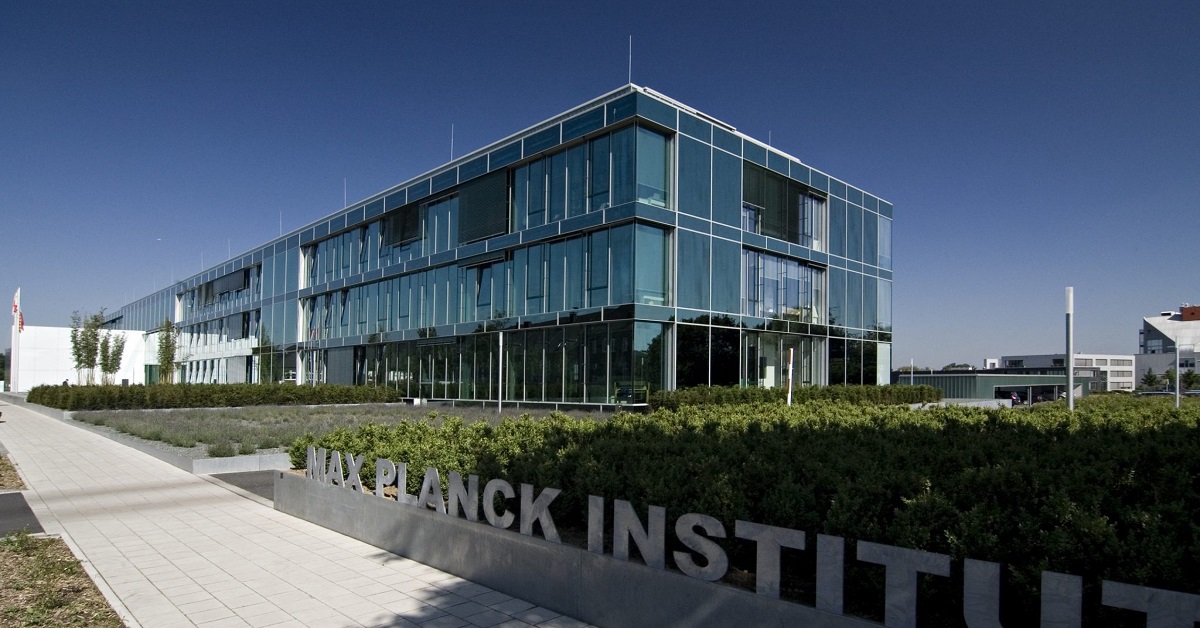
Max-Planck Research Group seek to fill PhD positions (m/f/d) on complex interactions of infectious disease and social dynamics.
Job Code: MPIDS-W062Job Offer from March 11, 2022
For the independent Max-Planck Research Group of Dr. Viola Priesemann we seek to fill PhD positions (m/f/d) on complex interactions of infectious disease and social dynamics.
The Max Planck Institute for Dynamics and Self-Organization at Göttingen, Germany, is an international research institute embedded into the vibrant Göttingen Campus. The institute focuses on complex systems, statistical physics and active matter, with both experimental and theoretical approaches, and employs about 300 people.
The research
We are looking for a PhD student to join our team to investigate the spread of COVID-19 in interaction with the so called ‘infodemic’. We aim to get a deeper understanding of the coupled dynamics of infectious disease spread with information, awareness, opinions, and behavior. These results may also play a role in informing health policies. We are a highly active team of physicists working in close collaboration with epidemiologists, social scientists and others. Our open positions are embedded within a growing research initiative together with the groups of Calero Valdez (University of Lübeck), Kretzschmar (University Medical Center Utrecht), Mäs (Karlsruhe Institute for Technology), and Nagel (Technical University Berlin). Please check our github page and our prior work [Contreras et al., Nature Communications (2021), Dehning et al., Science (2020), Doenges et al., Frontiers in Physics (2022),Keijzer and Mäs, Online Social Networks and Media (2021)].
Your profile
We are looking for excellent, enthusiastic and self-motivated researchers with strong analytical and/or programming skills to join our research team. You should hold a Master’s degree or equivalent in the area of quantitative sciences, e.g. physics, statistics, social science, mathematics, machine learning, data science, or related fields. The position requires a strong interest in modeling or analytical approaches to dynamical systems, data science, and/or Bayesian inference. Fluency in both written and spoken English is required; German is an asset but not required. .Please outline your programming and analytical skills, your past scientific achievements, your prior courses and work related to the call, as well as the research questions you are most interested in.
Our offer
The PhD position is limited to three years. The salary and working hours are in accordance with the funding guidelines of the Max Planck Society for junior scientists. The salary is 2/3 of E13 TVöD-Bund. Furthermore, we offer opportunities regarding work life balance as well as health promotion services. In close collaboration with the Georg August University, a structured PhD program is offered in the graduate program of the Physics Department, or in the graduate program on Physics of Biological and Complex Systems. The starting date is flexible, but should start as soon as possible.
The Max Planck Society is committed to increasing the number of individuals with disabilities in its workforce and therefore encourages applications from such qualified individuals. Furthermore, the Max Planck Society seeks to increase the number of women in those areas where they are underrepresented and therefore explicitly encourages women to apply.
Your application
Please apply online with the reference no MPIDS-W062.
Applications are accepted until April 19th 2022, or until the positions are filled. Written applications will not be sent back.and submit a CV, a motivation letter (requirements below), a transcript of records (university and high school), a list of publications and contacts of up to three referees.
Please consider these questions in your motivation letter:
What programming languages do you speak? How fluent are you in them? Link to your scientific web page or google. scholar profile, if available. Briefly describe your background in statistics and data science, in dynamical systems, in scientific modeling, in interdisciplinary research, in social science and in science communication (if any).
Please contact Dr. Viola Priesemann (Viola.Priesemann@ds.mpg.de) should you have further questions.
![Postdoctoral and Research Opportunities at McGill University [CA]](https://scholaridea.com/wp-content/uploads/2020/06/mcgill-university-30-may-2019-768x402.jpg)

